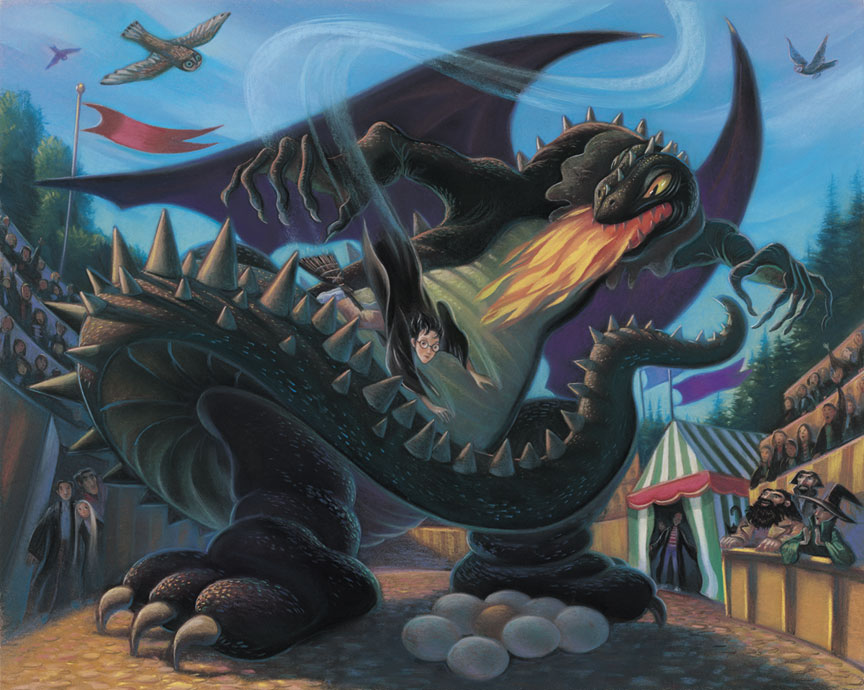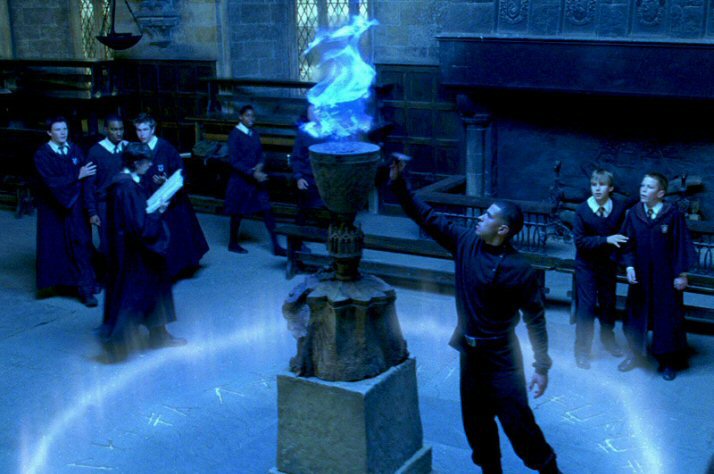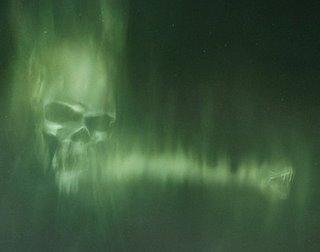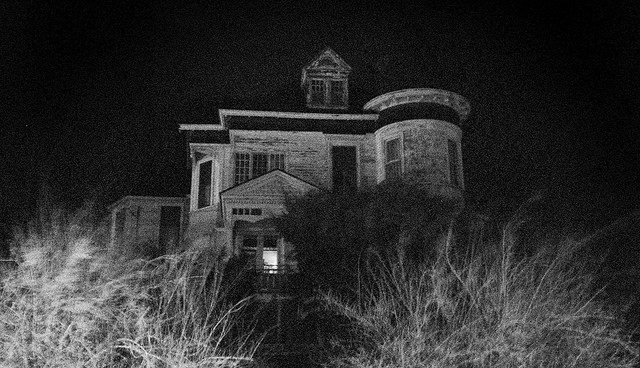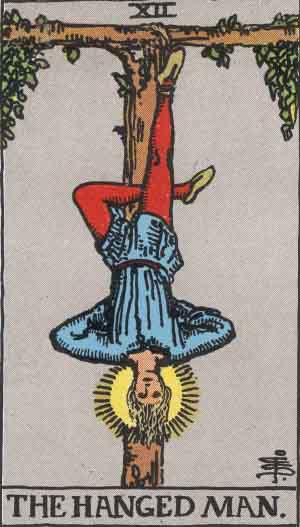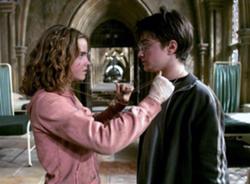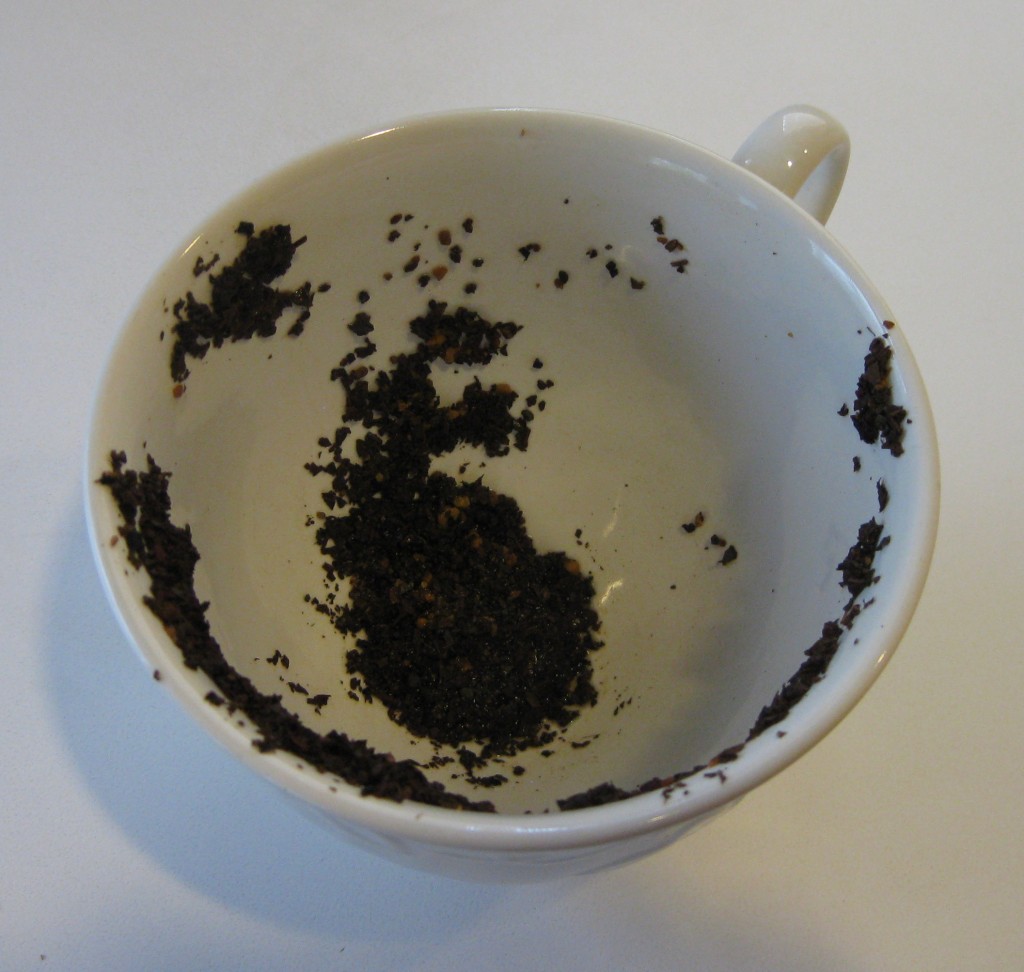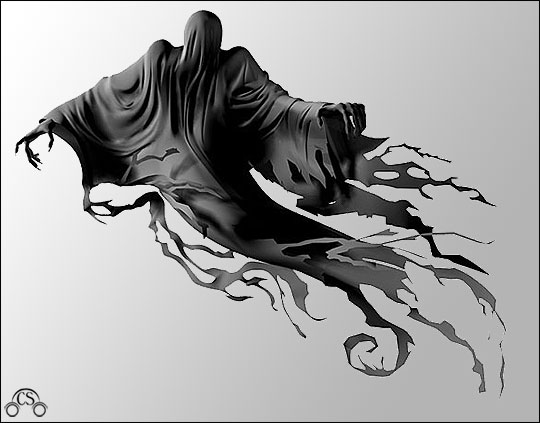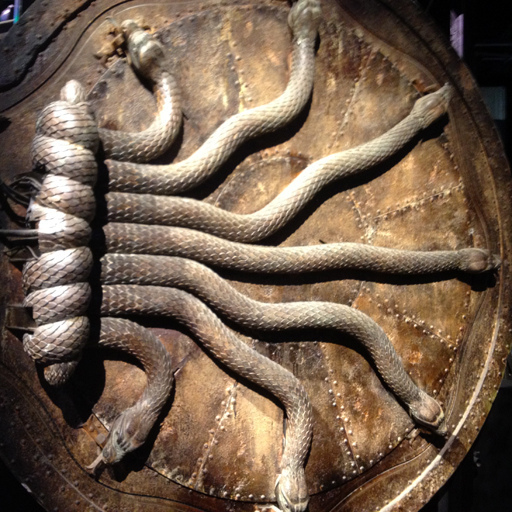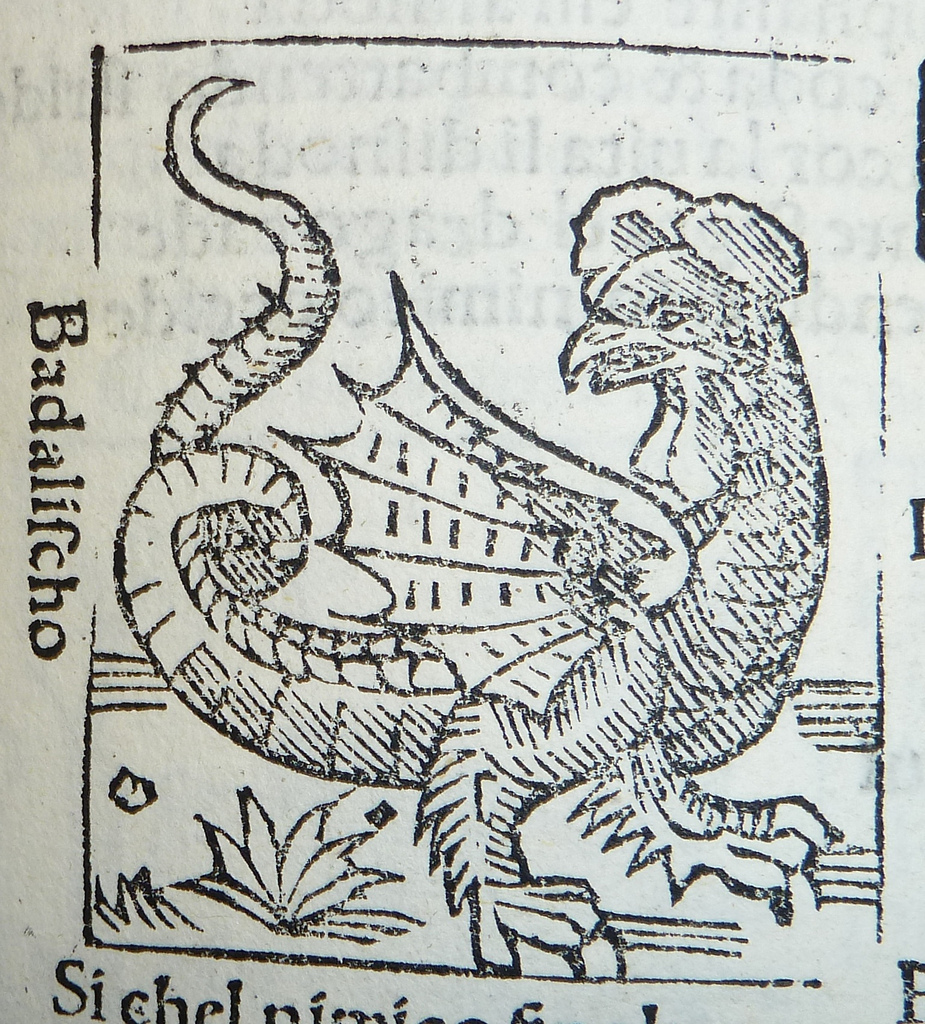My oldest daughter used to love dragons, and she drew some excellent ones over the years. One thing she couldn’t stand was a dragon who answered to a person, which was why she never got into the Christopher Paolini books and some other great dragon series by authors like Jane Yolen. Harry Potter dragons? Now those were more her speed because they will fry you crispy and bite you in half if they don’t stomp you first. In some ways, the subjugation of dragons in literature is much like the defanging of vampires. Dragons have traditionally been bad news. A dragon killed the great warrior Beowulf in the end. Dragons are fascinating mythical creatures in that they seem to have cropped up in the mythologies of many more ancient cultures than seems coincidental. But they are almost universally depicted in ancient myths as frightening creatures.
So on to my thoughts about chapters 16-20 of [amazon_link id=”0439139600″ target=”_blank” ]Harry Potter And The Goblet Of Fire[/amazon_link].
In chapter 16, “The Goblet of Fire,” Harry is selected as a fourth champion in the Triwizard Tournament, alongside Viktor Krum of Durmstrang, Fleur Delacour of Beauxbatons, and Cedric Diggory of Hufflepuff. Moody himself suggests that someone cast a powerful Confundus Charm on the Goblet, hoodwinking the object into thinking a fourth school would be competing, and entered Harry’s name under that school. As he was the one who did it, he’s probably just telling the bald truth.
I have a big problem with how Michael Gambon portrays Dumbledore in chapter 17, “The Four Champions.” Aside from this one scene, I think Gambon does OK, though he never quite inhabits Dumbledore like Richard Harris did (or, I contend, like Ian McKellen would have—I have a feeling he was offered the gig and turned it down, don’t you?). But he manhandles Harry when questioning him about how his name was entered into the Goblet of Fire. He does not do this in the book, and he would never do it. He is a skilled Legilimens. All he needs to do is look into Harry’s eyes when asking him about entering his name, and he’ll have the truth of the matter. As a matter of fact, the book’s description reads, “‘Did you put your name into the Goblet of Fire, Harry?’ Dumbledore asked calmly.” CALMLY. Not freaking-out-and-pushing-Harry-around.
It is really sad that Ron doesn’t believe Harry and that they stop talking to each other. Hermione knows exactly how Harry feels. She’s been on the receiving end of Ron’s stubbornness many times, but experiencing it from Harry’s point of view for the first time is interesting. It makes me feel more empathetic towards Hermione.
In chapter 18, “The Weighing of the Wands,” Ollivander returns to check that the Triwizard participants’ wands are in working order. Before that, Hermione tries to get Harry to see Ron’s point of view—he’s always overshadowed and shunted to the side. These feelings will resurface again, most strongly, when Ron believes Hermione prefers Harry to Ron himself and leaves his friends while they are hunting for horcruxes in [amazon_link id=”0545583004″ target=”_blank” ]Deathly Hallows[/amazon_link]. In this conversation, Hermione mentions Harry is “already in half the books about You-Know-Who, you know.” I realize Hermione is estimating here, but wouldn’t it be more logical for Harry to be in a lot more of the books than half? Especially those written after his downfall?
Malfoy and Harry duel before Potions class, and their spells hit Goyle and Hermione by mistake. Hermione’s teeth grow past her chin, and Snape says, “I see no difference” in reply to Ron’s protestations that Malfoy’s curse also caused damage. I think it’s easily the nastiest, meanest thing he says in the entire series, and there’s no excuse for it. It’s just cruel. It’s the one single thing he says that I can’t get past. He bullies Neville, all right, which is wrong, but if you consider he knew that Neville might have been the Chosen One instead of Harry, and the fact that he wasn’t chosen led to Lily Potter’s death, you can sort of see it. Not that it’s right. At all. But it makes some kind of twisted sense. It’s not Neville’s fault he wasn’t chosen any more than it’s Harry’s fault that James Potter was his father, and Snape is wrong to hold such ridiculous grudges. But his treatment of Hermione here is really beyond the pale, and he never redeems himself of it.
And now some commentary on the wands and their cores from Pottermore.
Ollivander first checks out Fleur Delacour’s wand, which is “nine and a half inches… inflexible … rosewood … and containing … dear me …” a veela hair. Ollivander only uses unicorn tail hair, dragon heartstrings, and phoenix feathers in his wand, as much study has led him to conclude these three substances produce the best wands. He is considered a master wandmaker in a long line of master wandmakers.
Wand flexibility is interesting. If you notice, many of the characters in Harry Potter books have wands described in various gradations of flexibility or rigidity. It is a sign of willingness to change. I, for instance, consider myself to be fairly flexible, but my wand is described as “hard,” so what do I know? Perhaps my husband would nod knowingly and just keep his mouth shut. Fleur’s wand is “inflexible,” meaning she herself has a certain inflexibility, and you do see that with her character.
No mention is made of rosewood among the wand woods that Ollivander uses, either. I will be interested to see if the article on wand woods is expanded when this chapter of Goblet of Fire is added to Pottermore.
Next, Ollivander examines Cedric’s wand, twelve and a quarter inches, ash, pleasantly springy, with a core of unicorn tail hair. This happens to be the same kind of wand wood and core my oldest daughter, the previously mentioned dragon lover, has. You will find if you join Pottermore that wands really do tend to match the personalities of their owners in some amazing respects. I think that every time I check on a friend or family member’s wand and look it up in the wand wood and wand core articles. Anyway, Cedric’s wand of ash:
The ash wand cleaves to its one true master and ought not to be passed on or gifted from the original owner, because it will lose power and skill. This tendency is extreme if the core is of unicorn. Old superstitions regarding wands rarely bear close examination, but I find that the old rhyme regarding rowan, chestnut, ash, and hazel wands (rowan gossips, chestnut drones, ash is stubborn, hazel moans) contains a small nugget of truth. Those witches and wizards best suited to ash wands are not, in my experience, lightly swayed from their beliefs or purposes. However, the brash or over-confident witch or wizard, who often insists on trying wands of this prestigious wood, will be disappointed by its effects. The ideal owner may be stubborn, and will certainly be courageous, but never crass or arrogant.
About unicorn tail hairs, we learn
Unicorn hair generally produces the most consistent magic, and is least subject to fluctuations and blockages. Wands with unicorn cores are generally the most difficult to turn to the Dark Arts. They are the most faithful of all wands, and usually remain strongly attached to their first owner, irrespective of whether or not he or she was an accomplished witch or wizard.
Minor disadvantages of unicorn hair are that they do not make the most powerful wands (although the wand wood may compensate) and that they are prone to melancholy if seriously mishandled, meaning the hair may “die” and need replacing.
I think an ash wand with unicorn tail hair is a good fit for Cedric Diggory.
Next, we have Viktor Krum’s wand, a Gregorovitch creation “hornbeam and dragon heartstring … quite rigid … ten and a quarter inches.” Again, like Fleur, Krum is on the inflexible side. Ollivander also uses this wand wood and core.
Hornbeam, of which Ollivander’s own wand is also constructed, is an interesting wand wood:
My own wand is made of hornbeam, and so it is with all due modesty that I state that hornbeam selects for its life mate the talented witch or wizard with a single, pure passion, which some might call obsession (though I prefer the term “vision”), which will almost always be realized. Hornbeam wands adapt more quickly than almost any other to their owner’s style of magic, and will become so personalized, so quickly, that other people will find them extremely difficult to use even for the most simple of spells. Hornbeam wands likewise absorb their owner’s code of honor, whatever that might be, and will refuse to perform acts—whether for good or ill—that do not tally with their master’s principles. A particularly fine-tuned and sentient wand.
About the core, which, incidentally, he has in common with love interest Hermione Granger, we learn
As a rule, dragon heartstrings produce wands with the most power, and which are capable of the most flamboyant spells. Dragon wands tend to learn more quickly than other types. While they can change allegiance if won from their original master, they always bond strongly with the current owner.
The dragon wand tends to be easiest to turn to the Dark Arts, though it will not incline that way of its own accord. It is also the most prone of the three cores to accidents, being somewhat temperamental.
If Ollivander’s obsession is wandlore, perhaps Krum’s is Quidditch. It explains why Moody had to use a powerful Imperius Curse to get Krum to act against his nature and also why Krum has established himself as such a singular individual at such a young age. He’s clearly a gifted wizard, aside from being a gifted Quidditch player. The fact that Harry can hold his own with the likes of Krum speaks to Harry’s own astounding gifts.
Of Harry’s wand, I have previously written, but you can read it here.
In chapter 19, “The Hungarian Horntail,” Harry learns the champions will have to face dragons in their first challenge. I realize this competition is known for being dangerous, but really. It’s amazing anyone sends their kids to wizarding school. He actually defeats the dragon in chapter 20, “The First Task.” Despite being a Quidditch pro, Krum doesn’t think to use his broom, showing that Harry has a certain resourcefulness Krum lacks, although truth be told, Harry wouldn’t have thought of doing it either if Moody hadn’t planted the suggestion in his head. Krum, as it turns out, used the very curse Sirius was going to suggest Harry use when Ron interrupted them talking at the Gryffindor Common Room fireplace—the Conjunctivitis Curse.
Harry makes the unprecedented move of telling Cedric Diggory about the dragons. Cedric is dumbfounded.
“Why are you telling me?” he asked.
Harry looked at him in disbelief. He was sure Cedric wouldn’t have asked that if he had seen the dragons himself. Harry wouldn’t have let his worst enemy face those monsters unprepared—well, perhaps Malfoy or Snape …
“It’s just … fair, isn’t it?” he said to Cedric.
Harry has a strong moral character and sense of fair play, and this kindness toward Cedric cements their friendship. Hufflepuff is known for its friendship and loyalty as well as its goodness and amiability. Cedric embodies all Hufflepuff’s best characteristics. He will not forget Harry’s kindness in sharing this information.
Even Moody remarks it was “a very decent thing you just did, Potter.” Later, he mocks Harry for doing it after he has been unmasked as Barty, Jr., the Death Eater, but I have a feeling that old Barty, Jr. genuinely feels what Harry did for Cedric was very decent. Contrary to his own plans, yes, but decent nonetheless.
I like Ludo Bagman’s reaction to Harry being the fastest champion: “That’s going to shorten the odds on Mr. Potter!” Always thinking of gambling.
McGonagall offers rare, effusive praise: “That was excellent, Potter!” Of course, she was quite a Quidditch player herself in her Hogwarts days, and she has always appreciated Harry’s talents on the Quidditch pitch.
Seeing Harry nearly killed by a dragon gives Ron a good excuse to quit being a git and believe Harry would never have signed up for such a dangerous tournament (finally), and they make up by the end of the chapter.
Quote in the title courtesy J.R.R. Tolkien, who should know about such things.
Image by Mary Grandpré
